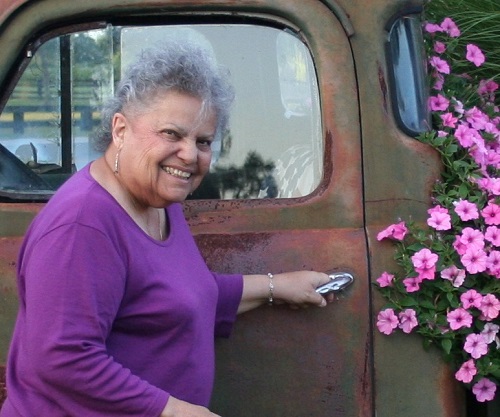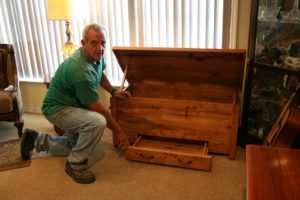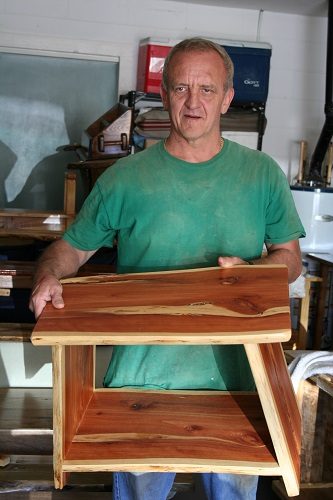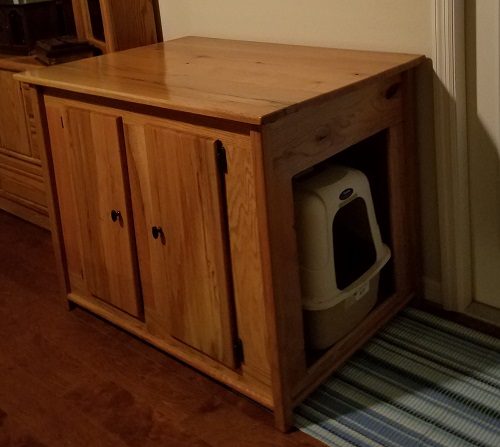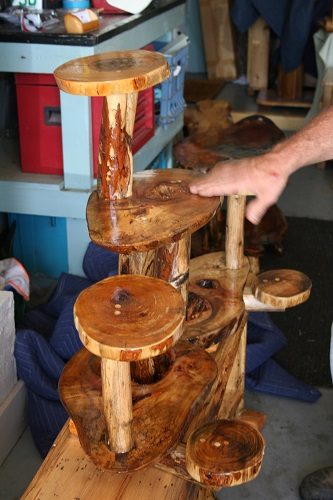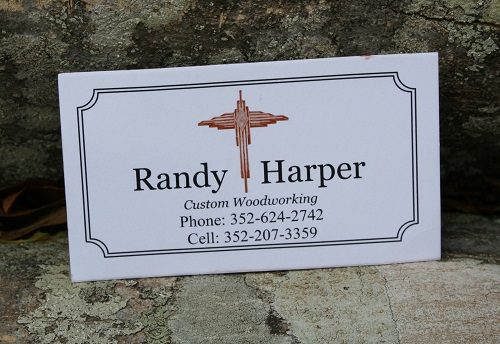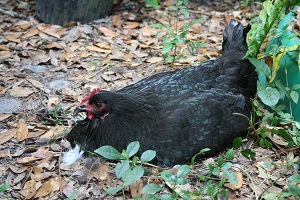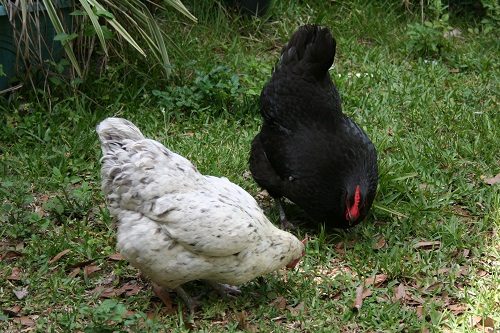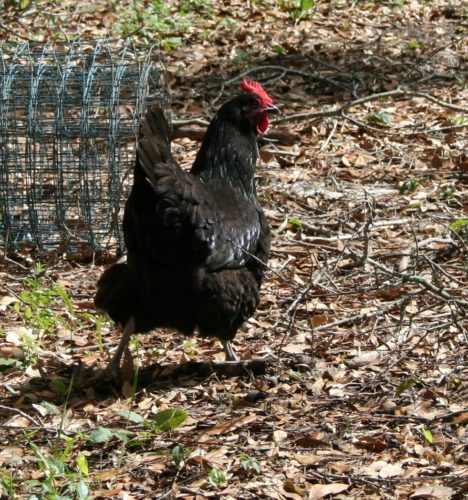
Janet checked the time on her iPhone again, re-crossed her legs and yanked at her skirt. The preacher would have to run overtime today. It was only the toy store’s biggest-ever Halloween sale. She needed to beat the crowds, grab up some candy, make sure the kids got the very best costumes, and get out of the store with a minimum of fuss and time–all before lunch when her two good friends and their kids would arrive at the house to make those cute ghost-cookies featured in Southern Woman Magazine.
Another glance at her phone.
She also needed to string up a few decorations before the company arrived. Kate, her twelve-year-old could help her with that.
Every second counted or they’d miss the doors opening.
At her side, five-year-old Kevin, oblivious to her jaded nerves, sat calmly, studying the old masters’ paintings in Janet’s Bible. Kate, on his other side, sat in rapt attention, soaking in the preacher’s words, something about loving what the Lord loves and hating what the Lord hates.
Janet checked the time again barely resisting the urge to grab the Bible out of Kevin’s hands and drop it in her purse so they’d be ready to exit after the dismissal prayer.
Minutes later, after dragging both kids to the car, Janet snapped Kevin into his car seat and leaped in behind the wheel. She pulled out of the lot and onto the boulevard.
“Mom, can you toss me that calendar from the front seat, please?” Kate said.
Janet passed it over the seat. “What’s up with the calendar?”
“Homework.”
“Let me see, let me see,” Kevin said.
“Quit snatching. You’ll tear it up,” his sister snapped.
Janet eyed Kate in the rear-view mirror. “Calm down, you guys. What kind of homework?”
“We have to pick a holiday and tell why it’s meaningful to us.”
Kevin bounced up and down. “Pick Christmas, pick Christmas!”
Kate frowned and leaned away from her brother. “Quit yelling. Everybody’s picking that one.” She flipped through the pages. “Let’s pick something different.” When she reached May she held the calendar over the front seat. “What’s Ramadan? I’ve never heard of it.”
Janet gave it a dismissive wave of the hand. “Muslim holiday. We’re Christian, so it’s not our holiday.”
Kate took the calendar back and turned the page. “Oh, yeah, here’s Canada Day.” She chuckled. “Well, that’s not our holiday.”
“Why not?” Kevin asked.
“We’re Americans, silly. Our Independence Day is July 4th.”
Kevin shifted his attention to the cars on the boulevard.
“Mom,” Kate said, “What about this? Why don’t we ever celebrate Columbus Day? That’s ours, for sure.”
Kevin turned back to the calendar. “Columbus Day? What’s that about?”
“When Columbus discovered North America,” Kate said.
Mom eyed her in the mirror. “You’re right. Maybe this year we can celebrate it more. What’s the date?”
“October. Already past.” Kate held the page in front of her brother and pointed to the bottom. “Oooooh, Kevinnnnnn, Halloween.” She dropped the calendar, made claws out of her hands and waggled them in Kevin’s face. “Booooo.”
“Okay, guys,” Janet pulled into a parking place at the toy store and threw the car into park. “We’re here. Let’s make this quick. Drop your stuff on the seat. Chop, chop, Kate, loosen Kevin’s seatbelt. Everybody out of the car.”
Standing on the asphalt, Kevin looked up at Mom. “What’s Halloween stand for?”
Kate postured like a zombie with her arms out, and put on a creepy voice as she stepped toward him. “You already know. We do it every year. It’s all ghoooosts and zooooombies, little boy.”
“Quit it,” Kevin whined, backing away.
“Enough of this,” Janet said, pushing Kate’s arms down. “Come on inside and let’s tend to business.”
Inside, at the Halloween costume racks, Kate waggled a witches mask in Kevin’s face. She cackled until he hid behind Janet again.
He crossed his arms. “I don’t like this.”
“Oh, come on,” Janet said, “here’s Spiderman and Superman. They’re not scary.”
He stomped his foot. “I don’t like ‘em.”
“Just think of all the caaandy you get,” Kate said.
After a wasted half hour of indecision and putting up with Kevin’s dissatisfaction, Janet threw up her hands. “I thought we were going to wrap this up quick and get home. What’s got into you, Kevin? Now we’re out of time. I’m done here. Now we’ll have to go to the mall after the company leaves tonight.”
Kevin said nothing, just poked out his lip and ducked away from his sister.
Kate razzed him as they passed through the automatic doors. “Kevin is a baaaby.”
Janet glanced at Kevin’s face. “That’s enough, Kate. Lay off your brother.”
After dark, exhausted from cookie-making and company, Janet drove into the mall parking lot near the main entrance. The kids piled out of the back seat. Glittering Halloween decorations festooned the inside of the huge glass windows.
“Stay close,” she said. “The mall closes in forty five minutes. Don’t leave my….”
“Look.” Kevin interrupted, pointing to the right side of the entranceway.
Before she could grab his hand, he darted across the roadway, barely missing a car.
“Kevin!” Janet shrieked, pausing for the car to pass before she raced after him. Kate on her heels. “Wait.”
What had gotten into her child? He never acted like this.
Kevin darted to the right side of the entry doors, and headed straight toward an empty bench. He stopped at the far end and reached up with both arms.
Janet’s jaw dropped as she slowed her pace. What was he doing?
Kate frowned. “Mom? What’s happening?”
“I don’t know.” Janet marched the rest of the way across the sidewalk to Kevin and gripped his upper arm, twirling him around. “What is going on? You nearly got yourself killed just now. Never ever pull a stunt like that again.” She paused, trying to compute what had just occurred. “Now, come on, and this time don’t leave my side,” she said, tugging him toward the automatic glass doors.
Kate tapped her brother’s shoulder. “Hey. What weirdism were you doing back there, Kevin? Hugging a ghost?”
Kevin frowned back. “But it was Jesus.”
Both Janet and Kate stopped in their tracks. They looked at each other.
Janet checked the bench again and turned back at her son. “Kevin.” She pointed at the bench. “Look over there. There is no one, NO ONE on that bench. It’s empty.”
“I saw Him.”
Did Kevin need a psychiatrist?
She took Kevin’s right hand and tugged him toward the mall door. She’d sort this out later. “Let’s go inside and get our costumes.”
Kate followed on the opposite side.
Kevin tried to pull away.“ I don’t want to do Halloween, Mommy. It makes Jesus sad.”
Kate sighed loudly and rolled her eyes. “Please, Kevin.”
“It’s not my holiday.”
Near the door, Janet watched the reflection of her family as they approached the glass doorway. A tall, handsome man walked beside Kevin. Always nervous about being followed, Janet whirled around. But nobody was there.
One more glance at the reflection. Gone. All she saw was her family.
The image had actually looked like Jesus. How strange. Now her imagination was playing tricks. It had to be the power of suggestion. She touched Kate’s arm and paused. “Maybe I’m crazy, honey, but did you see a man back there? On that bench? Or walking behind us just now?”
Kevin’s hand twisted in hers. “Stop that, Kevin.” His left hand reached out to his side. Now he’s holding hands with an invisible person?
As Janet turned back to Kate, her eye passed across the reflection again. There he was again–holding hands with Kevin and smiling down at him.
Are we all cracking up?
“Come on, Mom,” Kate said. “You’re not gonna pull that old ghost trick on me….”
Kevin tugged on Janet’s hand and gazed up at her with his innocent blue eyes. His other hand still held the invisible man’s. “See, it’s Jesus, Mommy.”
Another glance at the window disclosed no man in its reflection.
“Kids…” Janet pivoted toward the parking lot.
Kate shot her a confused look.
“I…Come on.” She pulled the kids toward the curb and stepped down. Whose holiday was Halloween, anyway? “Let’s…just go on home, guys. Let’s go on home.”


 Thank you, Nana, for that little antique bottle with its precious drops of wisteria cologne. I have no idea where it disappeared to, and I’ve never found a good wisteria cologne since, but I’ll never forget it.
Thank you, Nana, for that little antique bottle with its precious drops of wisteria cologne. I have no idea where it disappeared to, and I’ve never found a good wisteria cologne since, but I’ll never forget it.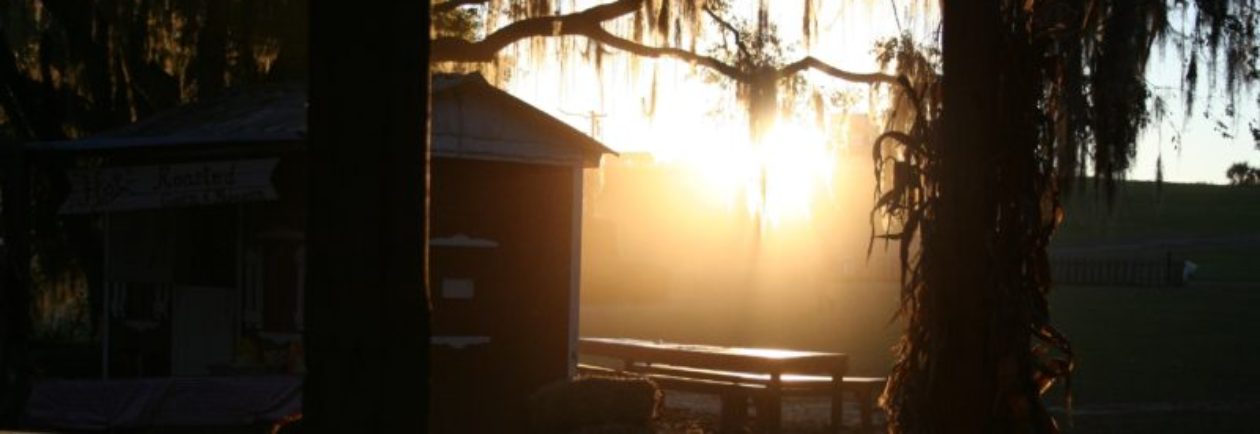

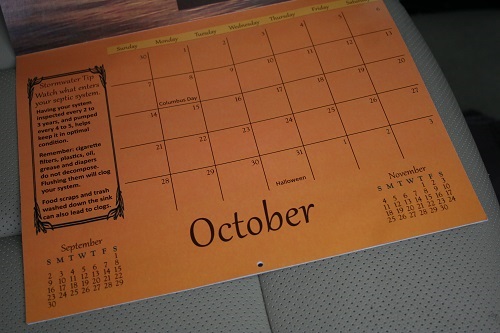

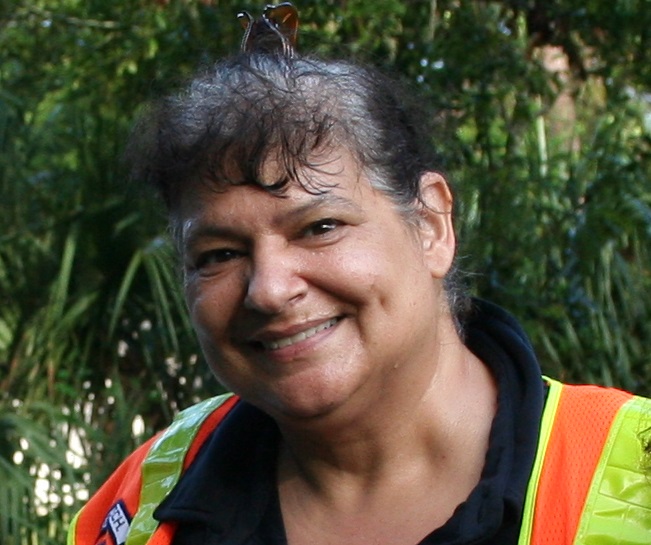



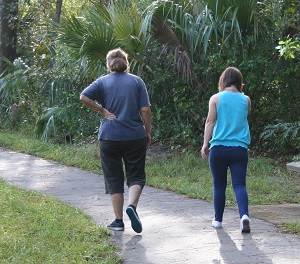
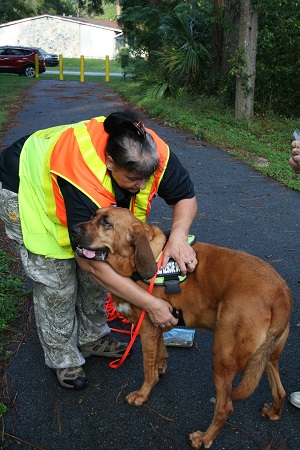
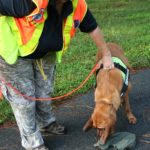

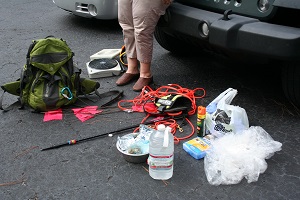
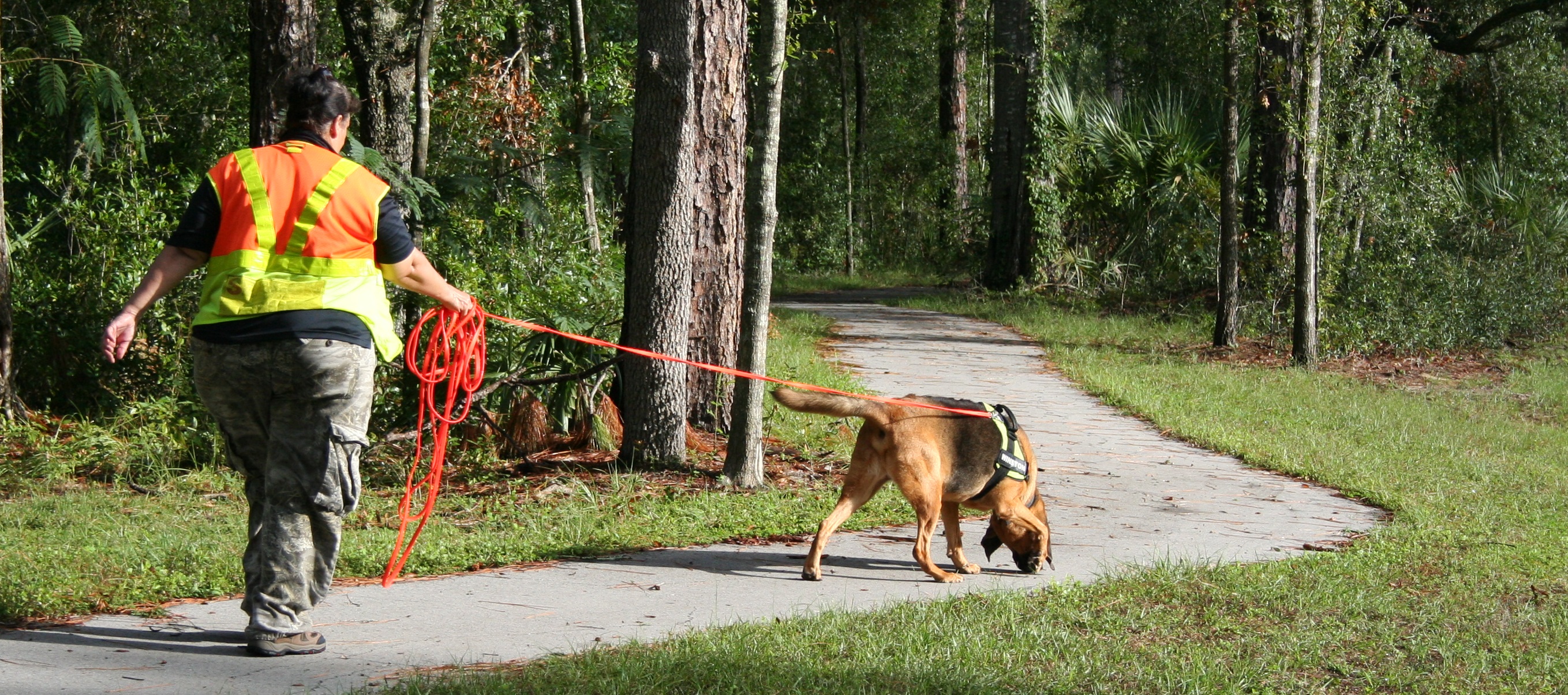
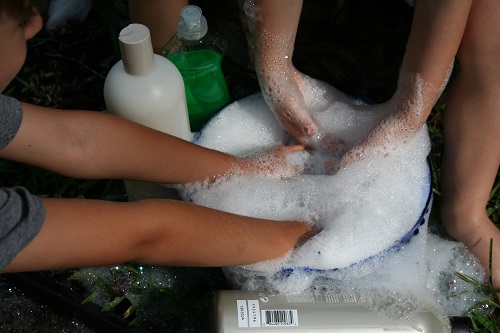
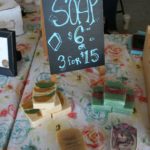


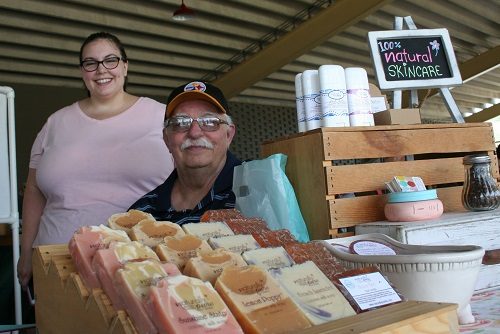
 of lip butters, lotions, essential oils, soaps, and deodorant.
of lip butters, lotions, essential oils, soaps, and deodorant.

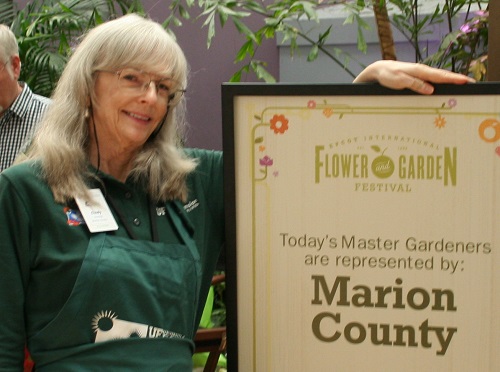
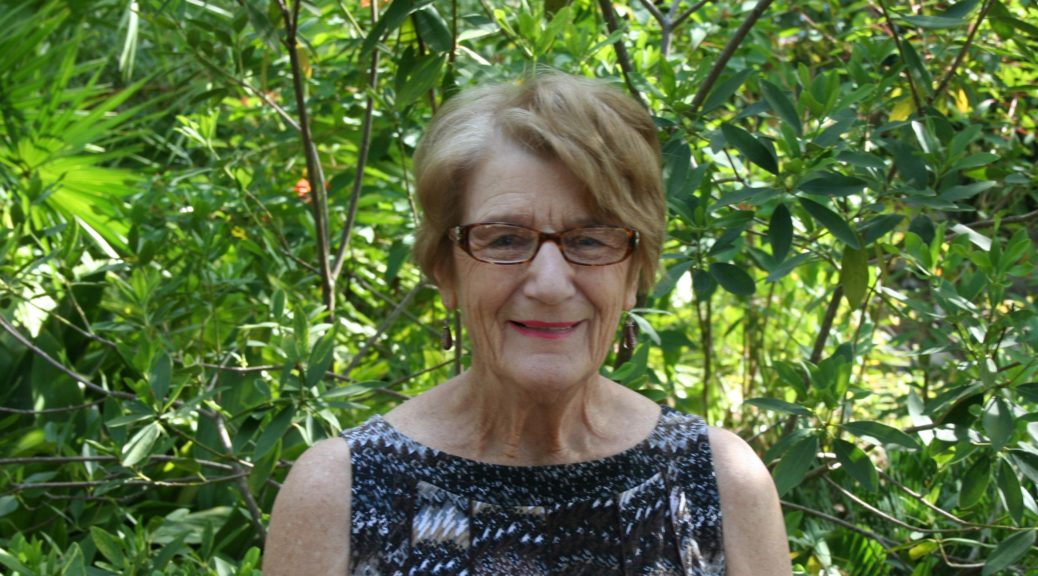
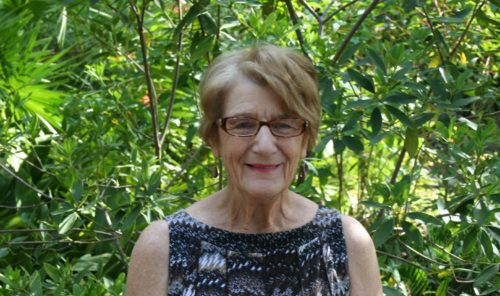
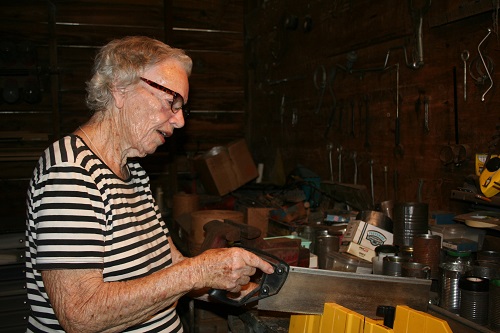
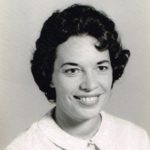


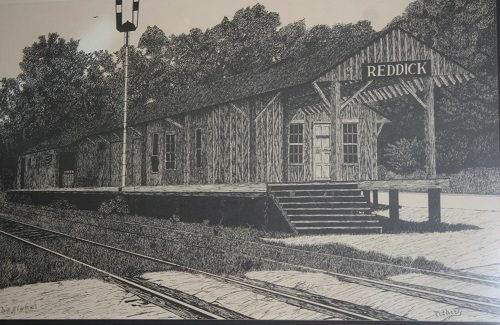 and relocated
and relocated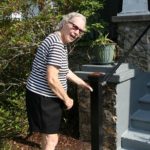
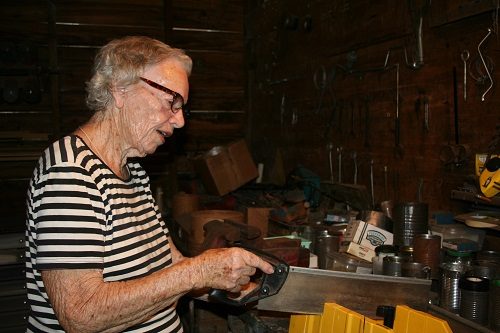 Before our visit ended, she showed me where she’d neatly replaced some complicated framing around a front porch post. Very impressive.
Before our visit ended, she showed me where she’d neatly replaced some complicated framing around a front porch post. Very impressive. Gaynelle plays organ, piano, clarinet, and saxophone. Her second husband, Mr. Hoover was a professional musician, and they’d play music together every day, as well as entertain.
Gaynelle plays organ, piano, clarinet, and saxophone. Her second husband, Mr. Hoover was a professional musician, and they’d play music together every day, as well as entertain.